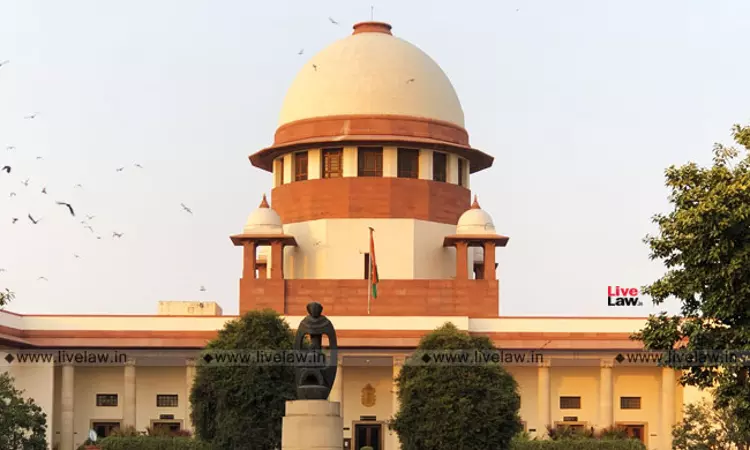Sale Deed Executed Without Payment Of Price Is Not Valid; Such Sale Without Consideration Void : Supreme Court
Yash Mittal
14 Sept 2025 1:32 PM IST

The Supreme Court reiterated that a sale deed executed without the payment of consideration is not a valid “sale” under Section 54 of the Transfer of Property Act, 1882 (“TPA”). Such a deed is void and non-use.
Reference was drawn from the case of Kewal Krishnan v. Rajesh Kumar and Others, (2022) 18 SCC 489, where it was also held that the payment of price is an essential part of a sale. If a sale deed in respect of an immovable property is executed without payment of price and if it does not provide for the payment of price at a future date, it is not a sale at all in the eyes of law, the court said in Kewal Krishnan.
"The sale of an immovable property would have to be for a price and such a payment of price is essential, even if it is payable in the future. If a sale deed is executed without the payment of the price, it is not a sale at all in the eyes of law, specifically, under Section 54 of the Transfer of Property Act. Such a sale without consideration would be void and would not affect the transfer of the immovable property" the Court observed referring to Kewal Krishnan.
A bench of Justice JB Pardiwala and Justice R Mahadevan ruled in favour of the plaintiff who challenged the sale deed executed in the defendant's favor, upon noting that the defendant failed to prove the payment of consideration to the plaintiff, making the sale deed invalid.
It was the case where the sale deed claimed that ₹9,000 had been paid earlier and ₹6,000 was paid to the plaintiff at the time of registration, but the defendant failed to prove these payments. Crucially, the defendant's husband, who allegedly made the final payment, did not testify; one attesting witness had died, and the other was the defendant's brother, whose testimony was found unreliable. The original deed was also not produced, leading to an adverse inference against the defendant.
Since the essential element of payment of sale consideration was not proved, the Court held the sale deed was void ab initio. If the deed is void, there is no need to seek a prayer for its cancellation. Hence, the limitation period for suit to recover possession, when the sale is void, will be governed by Article 65 of the Limitation Act, the Court ruled.
Cause Title: SHANTI DEVI (SINCE DECEASED) THROUGH LRS. GORAN VERSUS JAGAN DEVI & ORS.
Citation : 2025 LiveLaw (SC) 900
Click here to read/download the judgment
Also From Judgment: When Sale Deed Is Void, Suit For Possession Governed By Limitation Period Of 12 Years Under Article 65 Instead Of Art 59 : Supreme Court


